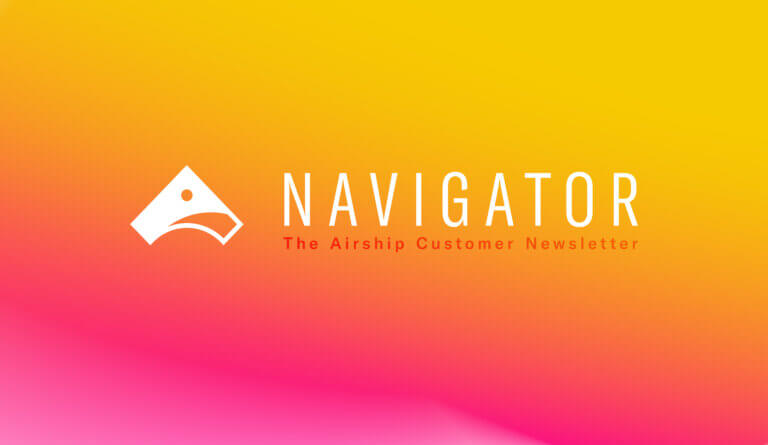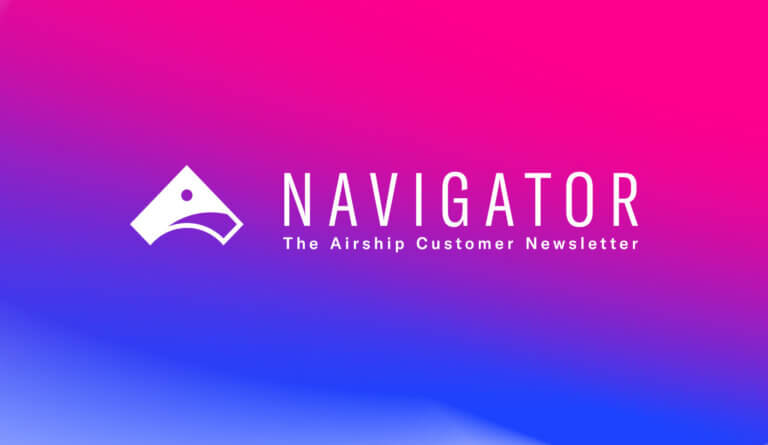
3 Ways to Create Customer Loyalty

Ammi White Strategic Services Lead, NA
Studies show satisfied customers are more likely to remain loyal and more likely to have a higher lifetime value than all other customers. If you’re doing a good job of satisfying customer expectations, their satisfaction will be expressed with loyal behavior. It’s easier said than done.
The essence of loyalty is consistency. Gaining a customer’s loyalty is not a destination or final end state. It’s an ongoing journey. Think of it as a relationship. All interactions contribute to a customer’s future loyalty. From the moment a customer searches for or stumbles upon your mobile app, and later as they experience the app, every step matters.
Every brand needs a loyalty strategy. A strong loyalty strategy is customer-centric, lives across channels and the customer’s journey, and is embedded through every phase of the customer’s app lifecycle. The challenge is to identify the satisfaction levers that will drive loyalty. Research shows these levers have a lot to do with expectations of value, convenience and overall app experience, which are the three ways to create customer loyalty.
1. VALUE
Value is about perception. To create value worth exchanging with customers, you need to understand their primary need and what they perceive as valuable about your brand and each of its digital channels.
For example, for a quick service app user, value might mean affordability and deals; for a financial service app user, value might mean communication and security; for a regional retail brand user, value might mean local engagement and support.
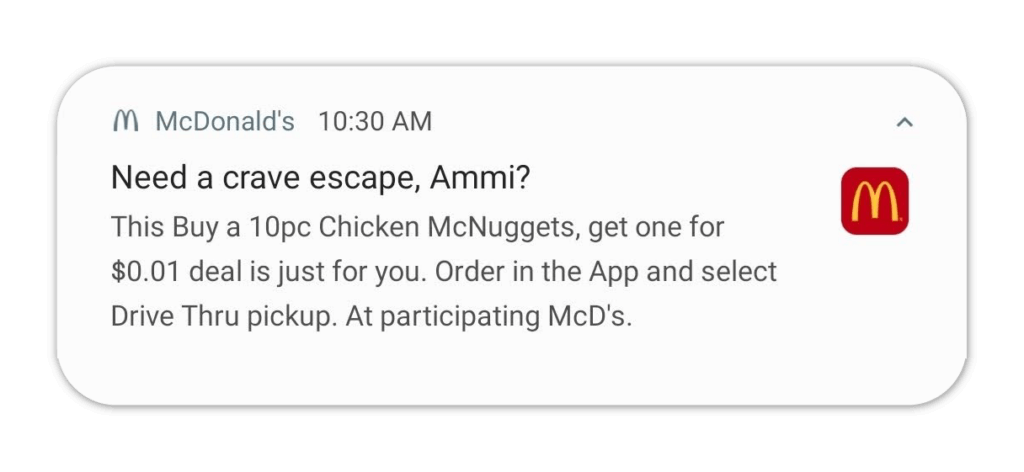
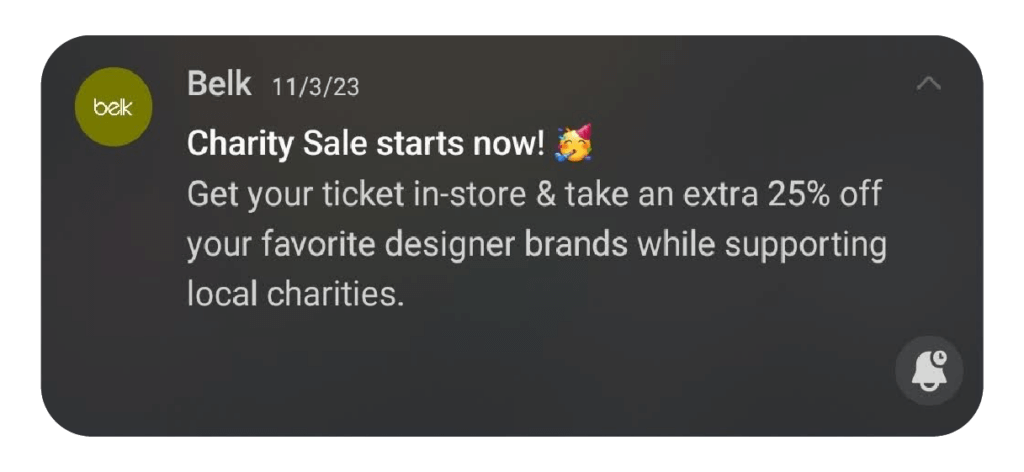
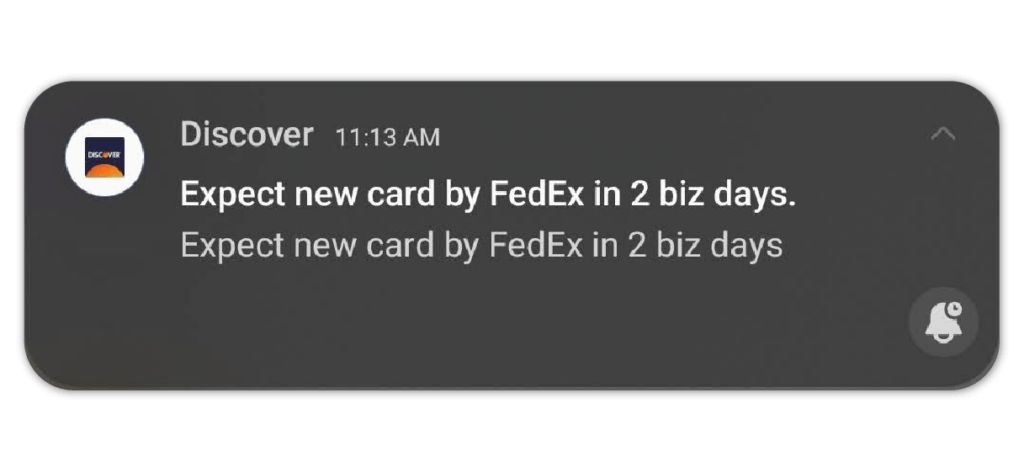
Here are some tips on how to learn about and leverage customer value perceptions
- Use segments, attributes and tags to create target audiences and segments so you can tailor messaging based on historic behavior and transaction data analysis to identify trends and insights
- Define a data strategy to thoughtfully collect zero-party, first-party, behavioral interactions, satisfaction and sentiment data to better connect with your customers
- Set a strong data foundation when you align your mobile app development and customer experience roadmaps to enable unique, insights-driven experiences
- Iteratively test user experiences and measure performance based on analytic insights and behavioral insights to inform mobile optimization priorities
2. CONVENIENCE
On the surface, convenience is a simple concept — it’s about making something easier, quicker, more useful and generally less complicated by reducing the time, effort or energy required. But, making a product, service or experience more convenient is easier said than done, particularly because what is considered convenient can vary from one customer to the next based on preferences, personal or immediate context, and even perception. Each of these factors can influence what constitutes convenience.
Still, by any definition, convenience is a known driver of customer satisfaction, and worth investing in.
There are three types of convenience. Good customer experience can and should leverage a combination of each of them based on target audiences and use cases.
Actual convenience is based on conventional reduction of time, energy or effort. To understand and leverage actual convenience, map customer journeys, screen views and behavior events.

Flow convenience relies on understanding a customer’s journey, behaviors and interaction goals to influence incremental engagement and/or conversion. To understand and tap into flow convenience — and increase customer satisfaction and engagement — build contextual multi-touchpoint campaigns that are sequenced and automated.

Control convenience allows customers to make specific choices about how, when or what they experience, causing the customer to have a sense of improved convenience, even if these controls actually require more time, effort or energy from the customer. To increase satisfaction, open rates and conversion rates, expand experience controls for customers with preference centers and allow them to make preference, content, frequency and other notification decisions
See if you can identify different types of convenience provided by your app and take advantage of opportunities to make your app experiences more convenient — to improve customer satisfaction and drive customer loyalty.
3. EXPERIENCE
A good experience is the ultimate driver of customer satisfaction. It encompasses all the participation, engagement and interactions customers have with a business and their resulting perceptions and emotions.
Each good experience or interaction a customer has with a brand contributes to customer satisfaction, establishes trust and connection and helps build the case for loyalty.
“Ninety-five percent of customers are more likely to be loyal to a company they trust, while 92 percent are more likely to purchase additional products and services from them.”
Your experiences should —
- Continually reinforce the value proposition or brand promise
- Embed convenience everywhere
- Stay consistent across channels and messaging
- Build emotional connection with customers
- Employ reactive, proactive and predictive personalization
- Collect and leverage data for continuous optimization
- Ensure privacy and security
- Align business, IT and experience strategies
- Integrate channels, backend systems, processes and data
The Home Depot’s mobile app, first released in May 2010, serves as a companion for in-store shopping and consistently reinforces the app’s value proposition of seamless cross-channel shopping.
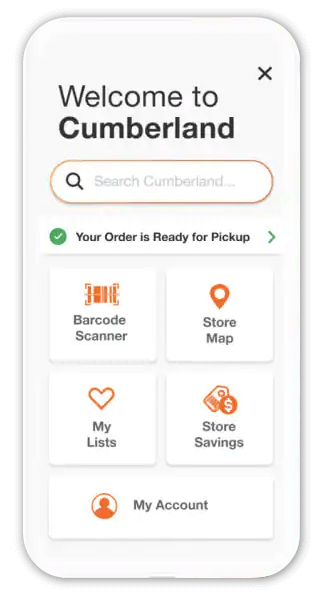
See what’s in stock – and where – as soon as you step in one of their stores
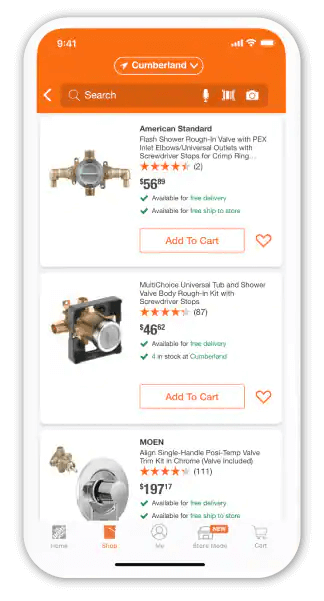
Snap a pic to find out what and where an item is
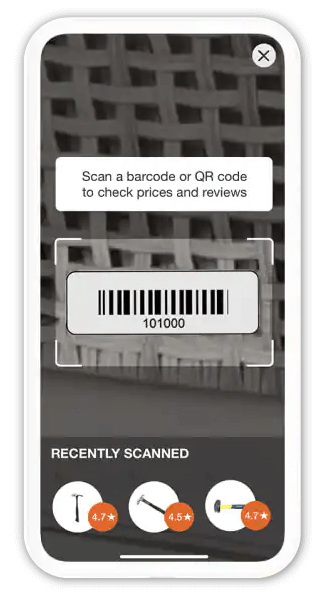
Scan for instant product details, ratings, reviews and more
Gaining Customer Loyalty
Loyalty strategy done right means effectively meeting or exceeding a customer’s expectations around value, convenience and experience. Doing so requires alignment across multiple parts of your business, from marketing to finance, business and IT. The rewards are worth it — higher customer satisfaction, greater customer retention, higher lifetime value and a stronger brand reputation for your business.
Airship’s Professional Services team of Strategic Consultants, Campaign Specialists and Data Analysts is available to help you build loyalty into your mobile and messaging strategies. We can help you retain and monetize your existing customers, grow engagement and in-app revenue and win new customers. Contact us to learn more about how our strategic services team can help you.
Navigator is Airship’s customer newsletter covering the latest mobile industry trends, product updates, use cases and best practices, and other learning resources. It’s yet another resource to help you deliver better mobile experiences and create greater value more quickly. If you’d like to receive our monthly Navigator newsletter please sign up here.
Subscribe for updates
If the form doesn't render correctly, kindly disable the ad blocker on your browser and refresh the page.
Related Posts

